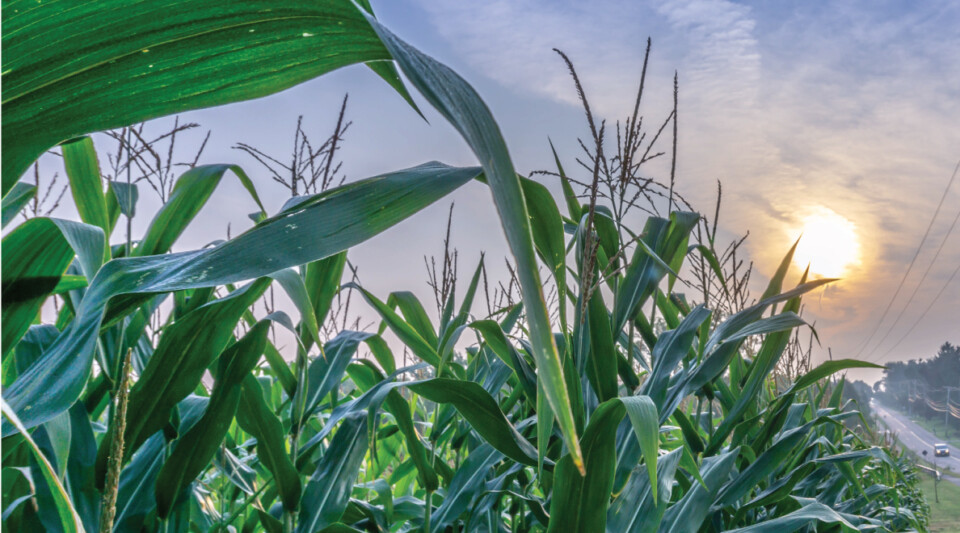
Food for Thought—2024
It’s almost impossible to replicate the connections people experience around a dinner table—a place for breaking down barriers and breaking bread. Conversations flow from seat to seat, with only momentary pauses to absorb bright, nostalgic flavors. Food has the power to teach us about our ancestors, while also showing the value of cracking open old cookbooks and reinventing recipes lost by time.
Indiana Humanities started Food for Thought to invite Hoosiers to consider the spices on their spoons and the stories swirled into their stew. Indiana’s dinner table features a diverse menu of dishes from many cultural backgrounds, but if we neglect to tell the stories of how recipes find their way onto our plates, it’s easy to enjoy food without giving it another thought.
Food for Thought Films
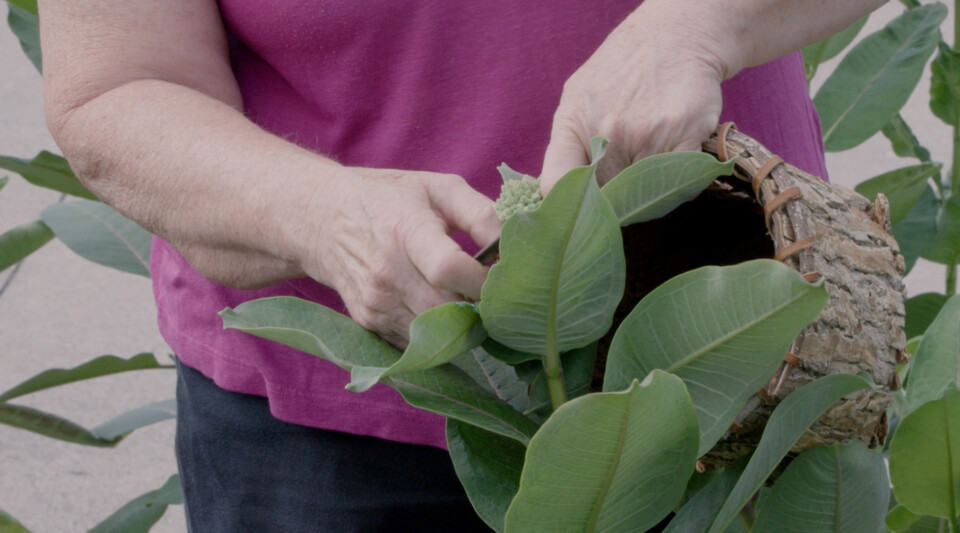
Milkweed
This film is part of Indiana Humanities' four-part film series, Food for Thought, which considers what folks across Indiana are doing to preserve their foodways.
Dani Tippman, a member of the Miami Tribe of Oklahoma, is working to preserve the tribe's food and way of life. Tippmann, who lives just outside of Fort Wayne, prepared a dish of traditional common milkweed.
Watch the film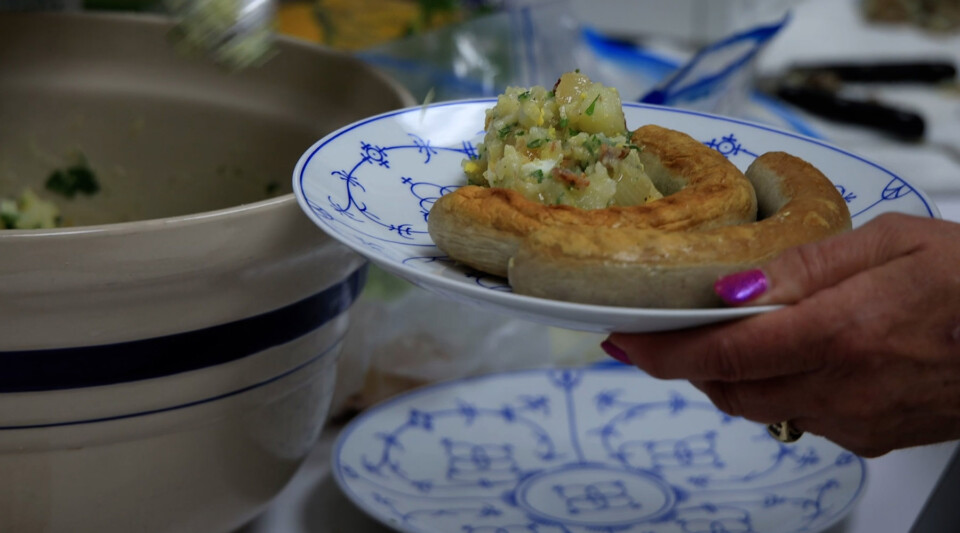
Kartoffelsalat
This film is part of Indiana Humanities' four-part film series, Food for Thought, which considers what folks across Indiana are doing to preserve their foodways.
The Indianapolis Liederkranz organization is a German choral group that works to preserve German culture. For the video, member Elke Lorenzen cooked an authentic German potato salad.
Watch the film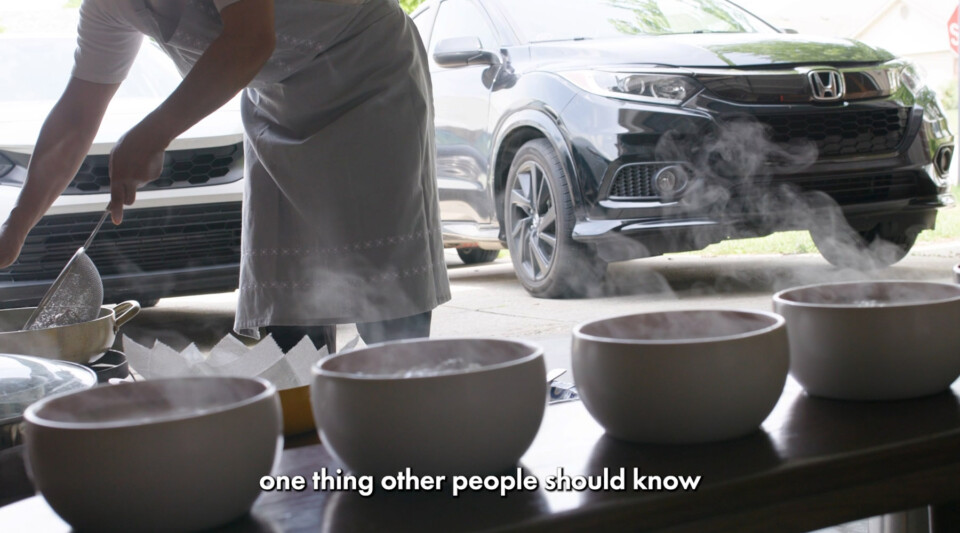
Sabuti
Once a month, members of a group called Winding Wednesday meet to make an authentic Chin meal and weave together. On this Wednesday, they made sabuti, a corn soup. It's served with delicious fried beef, a slice of lime, and spicy chili salad.
Watch the film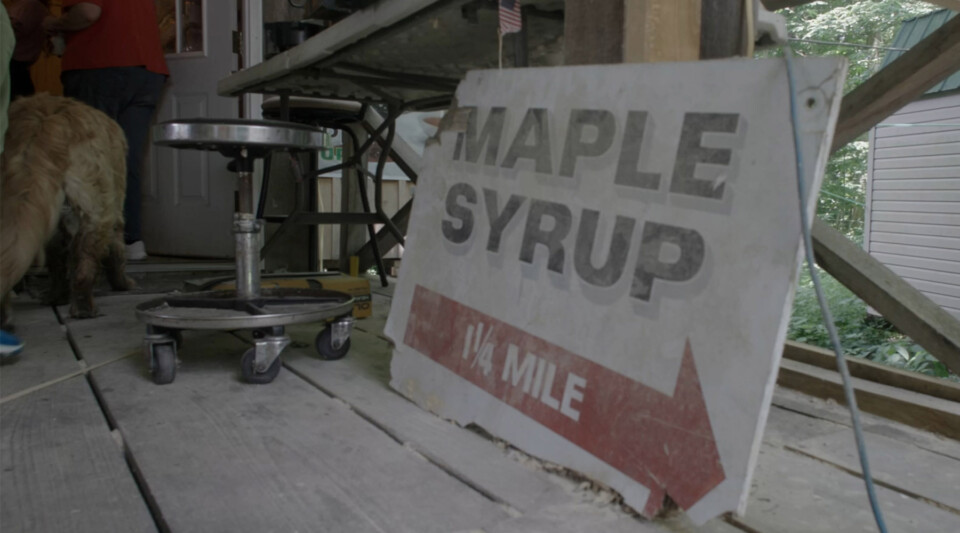
Maple Syrup
This film is part of Indiana Humanities' four-part film series, Food for Thought, which considers what folks across Indiana are doing to preserve their foodways.
Arthur and Becky Harris have been harvesting maple sap and making syrup at their sugar camp near Greencastle for decades. At one time, Indiana used to be one of the largest maple syrup producers in the country, and the Harris family is trying to keep those traditions alive.
Watch the filmConversation Resources for Films
Recipe Cards
Want to engage more with each of these four films? Consider printing off these recipe cards that correspond with each project and making a dish:
Discussion Questions
Hosting a screening of the FFT films with your community or just watching a few with friends? Try using these discussion questions afterwards to enhance your conversation:
- Milkweed:
- What food experiences from your childhood do you carry with you today?
- What recipes do you want to pass onto the next generation? Why?
- Kartoffelsalat:
- What memories do you have from being in the kitchen with loved ones? How do you take those memories with you when you cook?
- How do you make time for a home-cooked meal amidst your daily routine?
- Sabuti:
- How does your community embrace a spirit of generosity when it comes to food? Do you know where to take leftover food in your community if you don’t want it?
- When was the last time you tried a new recipe with your friends or family? What was it? What do you want to try next?
- Maple Syrup:
- When did you last experience a new way of growing or harvesting what you consume? What was it?
- What’s your favorite spot to eat or purchase local food?
Reading List
Interested in reading more about food and community? Here are some great place to start:
- Bite by Bite: Nourishments and Jamborees by Aimee Nezhukumatathil
- Braiding Sweetgrass: Indigenous Wisdom, Scientific Knowledge and the Teachings of Plants by Robin Wall Kimmerer
- Fieldwork: A Forager’s Memoir by Iliana Regan
Highlighted Events
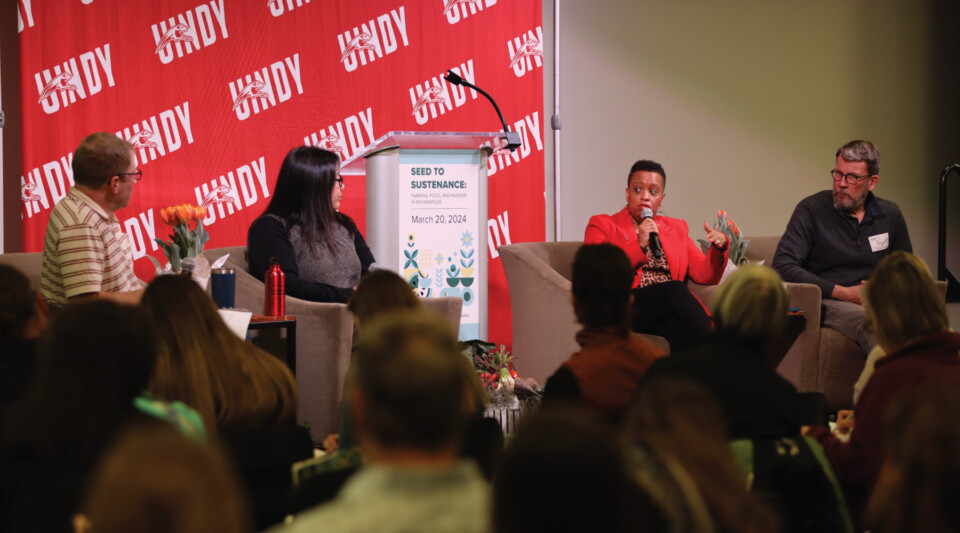
Fairbanks Symposium
As part of an ongoing partnership with the University of the Indianapolis, the 2024 Richard M. Fairbanks symposium took place in March and featured three panels talking about food accessibility.
Five Things We Learned during the 2024 Fairbanks Symposium: Seed to SustenancePartners and Funders
Indiana’s Family of Farmers
Questions?
Marisol Gouveia
mgouveia@indianahumanities.org | 317.616.9112